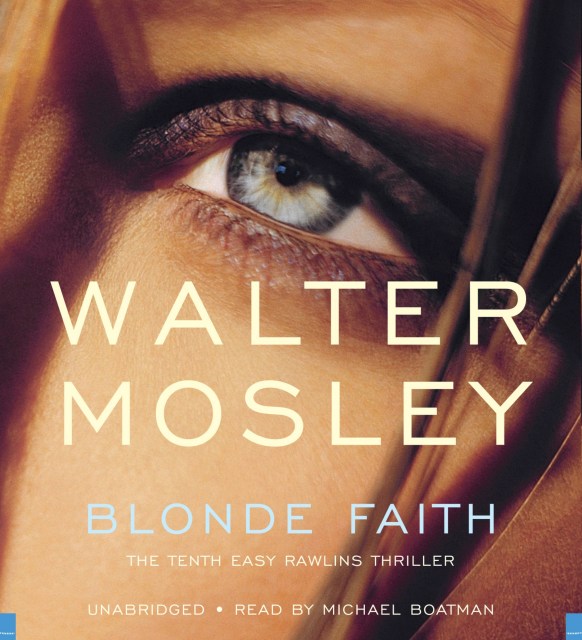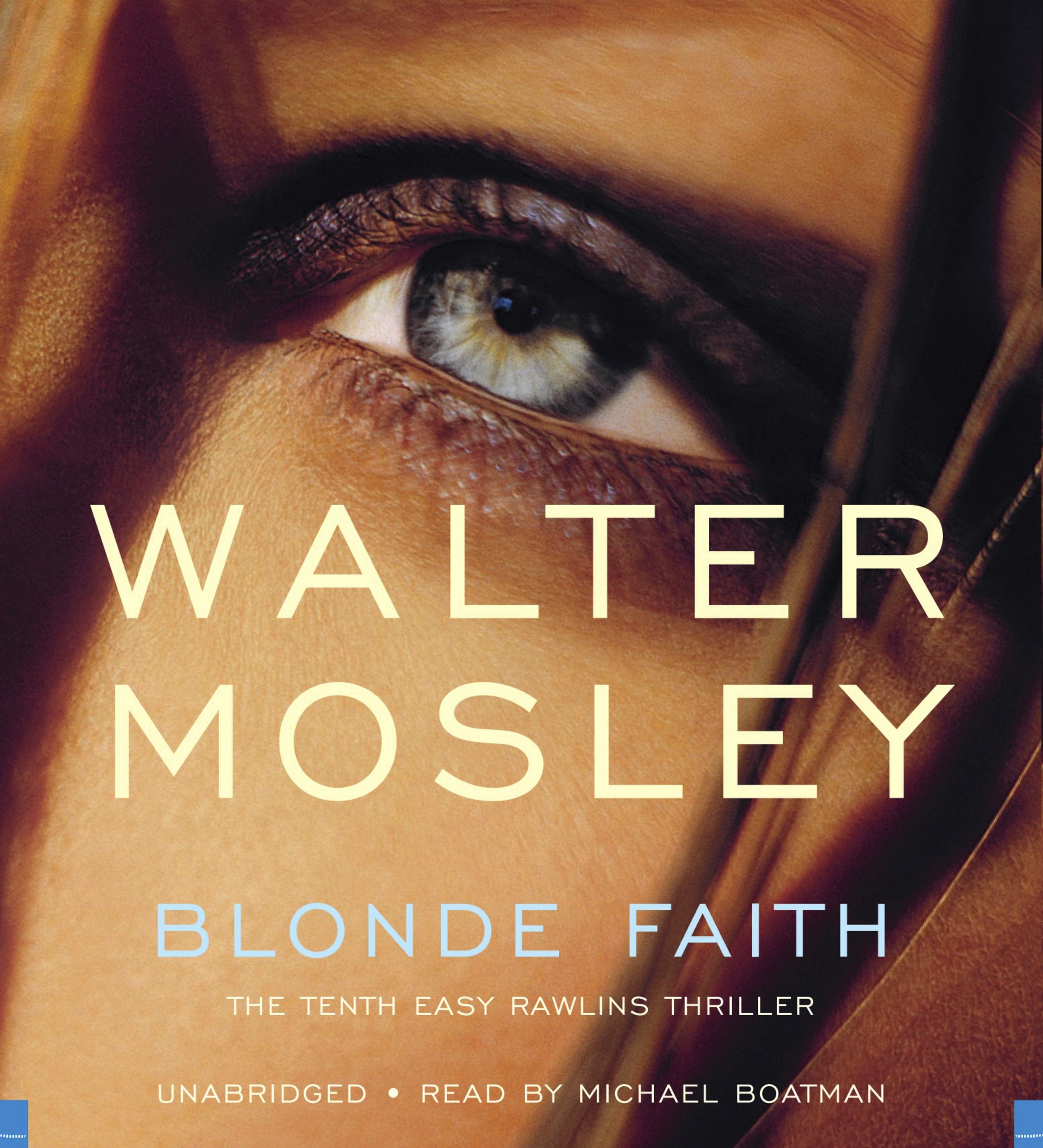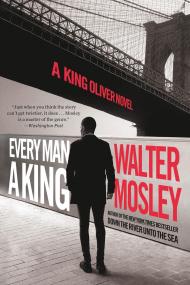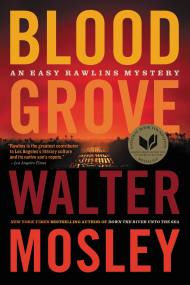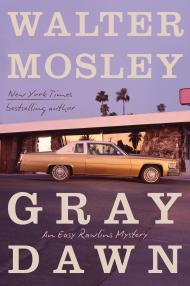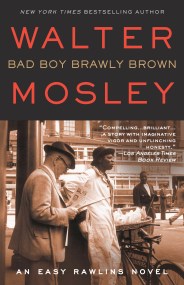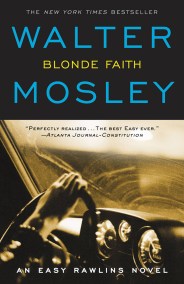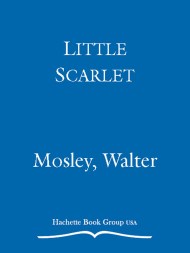Blonde Faith
Contributors
Read by Michael Boatman
Formats and Prices
- On Sale
- Oct 10, 2007
- Publisher
- Hachette Audio
- ISBN-13
- 9781600240430
Format
Format:
- Audiobook Download (Unabridged)
- ebook $9.99 $12.99 CAD
- Audiobook CD (Unabridged) $31.98 $36.98 CAD
This item is a preorder. Your payment method will be charged immediately, and the product is expected to ship on or around October 10, 2007. This date is subject to change due to shipping delays beyond our control.
Buy from Other Retailers:
Easy Rawlins, L.A.’s most reluctant detective, comes home one day to find Easter, the daughter of his friend Chrismas Black, left on his doorstep. Easy knows that this could only mean that the ex-marine Black is probably dead, or will be soon. Easter’s appearance is only the beginning, as Easy is immersed in a sea of problems. The love of his life is marrying another man and his friend Mouse is wanted for the murder of a father of twelve. As he’s searching for a clue to Christmas Black’s whereabouts, two suspicious MPs hire him to find his friend Black on behalf of the U.S. Army.
Easy’s investigation brings him to Faith Laneer, a blonde woman with a dark past. As Easy begins to put the pieces together, he realizes that Black’s dissappearance has its roots in Vietnam, and that Faith might be in a world of danger.
Easy’s investigation brings him to Faith Laneer, a blonde woman with a dark past. As Easy begins to put the pieces together, he realizes that Black’s dissappearance has its roots in Vietnam, and that Faith might be in a world of danger.
Genre:
Series:
By clicking 'Sign Up,' I acknowledge that I have read and agree to Hachette Book Group’s Privacy Policy and Terms of Use
Easy Rawlins
Items 1 through 5 of 7
